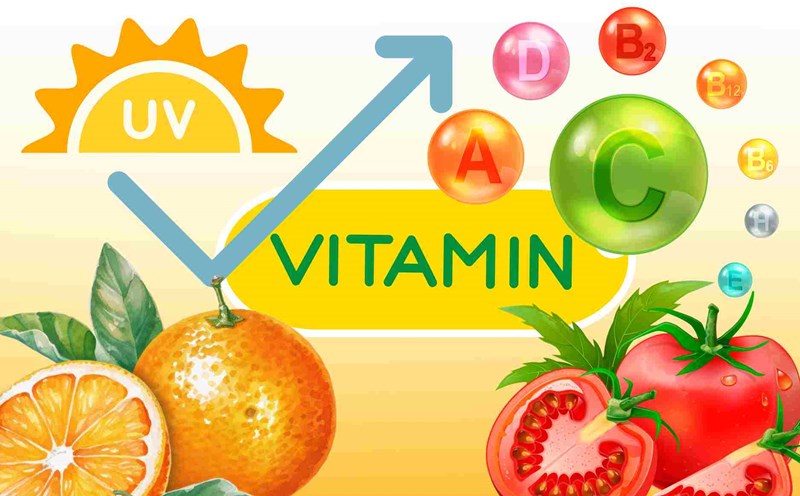Not only does it help improve skin pigmentation and reduce dark spots, vitamin B3 is also highly appreciated by dermatologists for its ability to effectively whiten the skin and cause less irritation.
According to Dr. Hadley King, clinical dermatologist at Mount Sinai Hospital (New York, USA): Niacinamide is one of the few skin care ingredients that can brighten the skin without causing erosion or increasing sensitivity to sunlight.Their mechanism of action is to inhibit the transportation of melanin - black pigment - to the skin's surface, thereby helping to even out skin tone over time".
In addition to its skin lightening ability, vitamin B3 also brings many other benefits such as strengthening the skin barrier, reducing oil secretion, shrinking pores and having anti-inflammatory effects.This is why niacinamide is often recommended in skin recovery therapies for acne, sensitive skin or hyperpigmentation after inflammation.
The ideal concentration recommended by the American Dermatology Association is 2-5% for beginners.Some products can contain up to 10% but need to monitor skin reactions and should be used daily if there are signs of irritation.
You dont need to use a product with too high a concentration.Even 5% of niacinamide when taken regularly every day has shown remarkable results after about 8 weeks," Dr. King emphasized.Although it is a fairly benign ingredient, vitamin B3 still needs to be carefully combined with other active ingredients.
Dr. King recommends that users should avoid applying niacinamide at the same time as vitamin C in the form of acid (L-ascorbic acid) if the skin is too sensitive, because it can cause a tickling sensation or reduce the effectiveness of both active ingredients.In addition to topical ointment, vitamin B3 can also be supplemented orally, but you should pay attention to the dosage.According to the UK National Health Service (NHS), the safe vitamin B3 dose for adults should not exceed 35mg/day unless prescribed by a doctor.
Using tablets at high doses (over 100mg/day) can cause side effects such as redness of the face, skin heat or liver damage.Nutritionist Lisa Moskovitz, CEO of The NY Nutrition Group (USA), also emphasized the importance of diet: You can naturally supplement vitamin B3 through foods such as animal liver, salmon, eggs, mushrooms or whole grains.A nutritious diet will help increase beauty effects from within, instead of just depending on cosmetics".
In an era of increasingly smart consumers, whitening is no longer a matter of "testeating luck" with creams of unknown origin.Vitamin B3 with a solid scientific research foundation is opening up a new approach: beauty based on knowledge, slow but steady, and importantly, long-term safety.
Effective skin whitening with vitamin B3
NGUYỄN LY (THEO HEALTHLINE) |
In the wave of searching for safe beauty solutions, vitamin B3 is gradually becoming a popular choice for many people.










